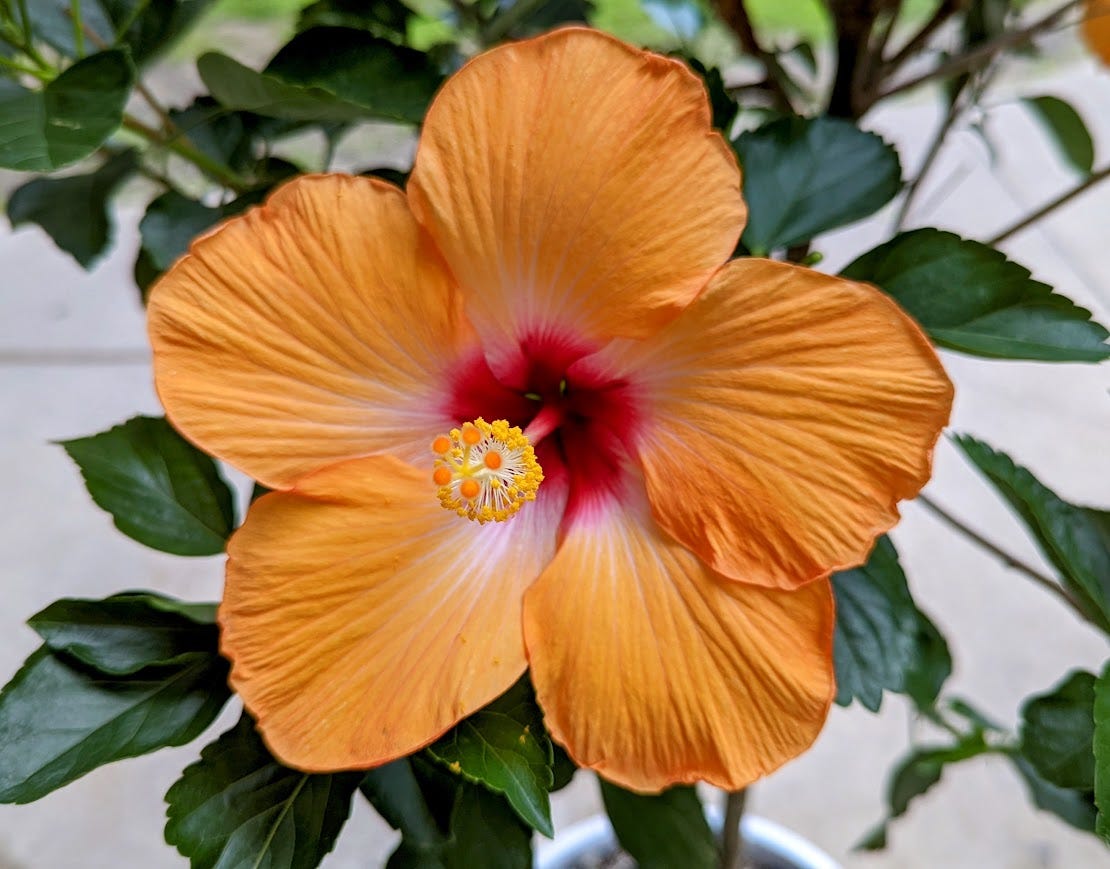Finding Balance
Mental health is a deeply personal journey, and no two paths look the same. Today, I want to share a bit about my own experience—my struggles, lessons, and the tools that have helped me navigate the challenges. This post was inspired by a thoughtful classmate in my psychology course whose story resonated with me and reminded me of the importance of sharing our journeys to support one another.
A Little Background
I was raised Mormon, though I’m currently what’s considered "inactive." That’s a story for another day, but my upbringing shaped much of who I am. Since the age of 22, I’ve battled anxiety and depression, compounded by a life-changing illness that I continue to navigate. Like many, I’ve tried various approaches to manage my mental health, from medication to therapy to holistic practices.
But I haven’t always made the safest choices. At one point, I decided to quit my medications cold turkey. Let me be clear—this is NOT safe. I’m not a medical professional, and I do not recommend doing this. I share my story to offer insight, not advice.
During that time, I turned to illicit drugs and alcohol to numb myself from the pain. Spoiler alert: it doesn’t work. The problems remained, waiting for me to face them. That chapter of my life taught me a hard but invaluable lesson: healing requires doing the inner work, not avoiding it.
The Power of Holistic Approaches
Eventually, I found my way back to therapy and began exploring holistic approaches to complement the work I was doing with my mental health professionals. As a certified yoga and meditation instructor of seven years, a Functional Nutritionist, and a Trauma-Informed Coach, I’ve seen firsthand how transformative these practices can be.
Here are a few holistic tools that have helped me—and might resonate with you too:
Yoga: Yoga is more than just exercise. It’s a practice that combines movement with mindfulness, helping you process emotions that are stored in the body. Dr. Bessel van der Kolk’s The Body Keeps the Score is an excellent resource for understanding how trauma lives in the body and why practices like yoga can be effective.
Mindfulness and Meditation: Taking even a few minutes a day to meditate or practice mindfulness can create a sense of calm and help you stay grounded. It’s a small but powerful way to reconnect with yourself.
Journaling: Writing has been a safe space for me to process emotions and reflect on my thoughts. It’s an act of self-expression that allows for clarity and healing.
Movement in Nature: Whether it’s a walk, a hike, or simply sitting outside, being in nature can be profoundly grounding. Movement and fresh air have a way of clearing the mind and calming the soul.
Medication, Therapy, and Doing the Work
Medication and therapy can be crucial tools, but they’re not the whole picture. Healing is interconnected—it’s about addressing the mind, body, and spirit. Pills can help balance chemicals in the brain, and therapy provides a safe space to explore your emotions, but lasting change often requires lifestyle adjustments and self-awareness.
If you’re considering reducing medications, always consult a medical professional. Working with your psychiatrist to make a plan that’s safe and supportive is key. Healing is not a one-size-fits-all process, and it’s important to honor what works for you.
A Gentle Reminder
You are in control of your own life. While external influences—whether from religion, family, or societal expectations—can shape us, ultimately, you are the one steering the ship. I encourage you to live by the golden rule, a principle shared by all religions: treat others as you want to be treated. And don’t forget to include yourself in that equation. Be kind to yourself. Show yourself the same compassion and care you would offer a dear friend.
What’s Working for You?
I’d love to hear about your journey. Are you exploring holistic approaches? How have they helped you? Whether it’s mindfulness, movement, or something else entirely, every step you take toward healing is a step worth celebrating.
To my classmate who inspired this post, thank you for sharing your story. Your courage reminded me of the importance of being vulnerable and honest, and I hope this post encourages others to share their stories too. Remember, healing is a journey, not a destination. Be patient with yourself—you’re doing amazing!


